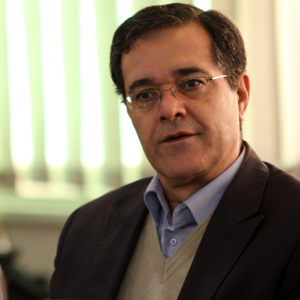The Individualism Era and Popular Movements in the ME

The reason is that the two sides of the struggle are now marginalized and new actors have taken their the roles. Al-Qaeda’s transforming from an imaginary robot into a monster was to remove its creators, but it is now a headless body that performs some pitiful actions, while it is not any more alive than it was.
The other side of the struggle is the US, which used all of its power to equip itself with Hollywood-ish weapons in order to remove anybody or anything by simply pressing just a button-- it now suffers from crises portraying no bright future for the country, and it has found all its lethal weapons useless in solving the world’s issues. The US relied on its technologic weapons and found itself the world’s absolute power, but now it shows an inclination to using its former allies for help.
What is happening is the fall of all those gods ruling over people for so many years, while new heroes are substituted; ones promised by wise sociologists. These heroes are dark horses that upset the two old actors, while they are being introduced as traitors by those ancient bandits. The North African people’s uprisings shattered Al-Qaeda’s dream and made their strategies thoroughly futile.
On the other hand, their persistent presence on the scene has made the US’s plan for a power balance in favor of Israel and the substitution of new actors impractical. The Israeli embassy in Cairo was occupied, Hosni Mubarak was brought to trial, and the revealed dark background of statesmen made their future practices invalid. The region’s people showed that there is no need for interpretations of religion like those of Bin Laden, and actions may take various forms in various countries, as in Afghanistan it emerged in the form of Ahmad Shah Masoud’s memorial ceremony.
Finally, it should be mentioned that thoughtful sociologists are the right persons to predict the future; if Allen Torn’s book is considered for example, a lesson would be taught that no liberal would let others decide his or her future and there is no need for authoritarians and their leadership.

